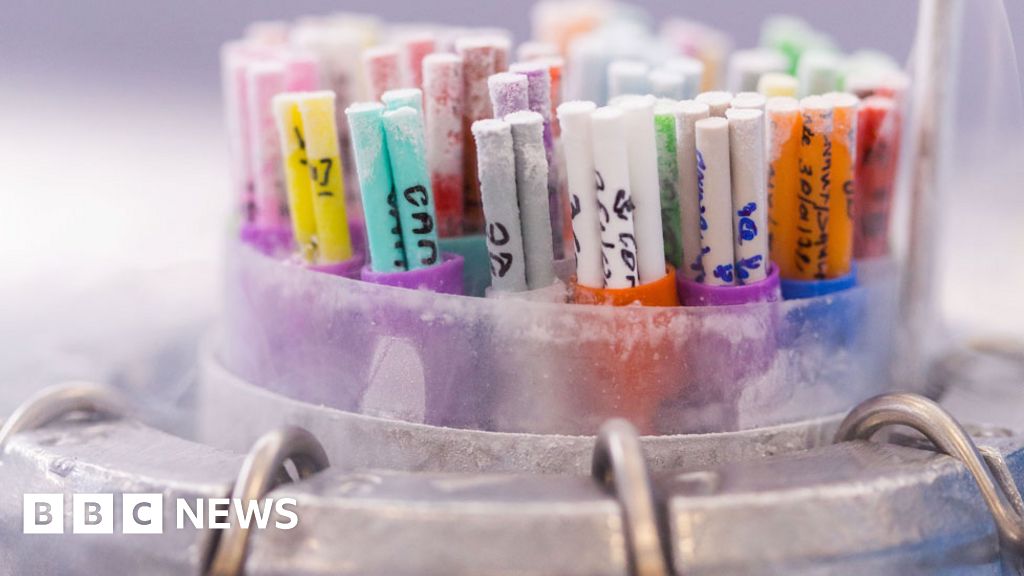Angelica Cheng
Active Member
There is increasing evidence that love is not enough for children / offspring conceived and born of egg donation. Instead, it has been reported that donor conceived adults feel an overwhelming psychological need to learn more about the genetic heritage of their egg donor . Please see the following website: https://scholars.org/brief/case-ending-anonymity-egg-and-sperm-donations-united-states
Quoting from the website:
In my conversations with donor-conceived people, those who seemed most at ease were told at a young age and continued to hear their conception story as they matured. People who were told as adolescents or later, or discovered the “secret” on their own, report feeling a sense of betrayal at having been lied to by the parents they were supposed to be able to trust. For families who decided not to inform their donor-conceived children, the secrecy appears to have been largely rooted in the stigma and shame many people feel about infertility and the inability to have a biological child.
Essentially, anonymity is already obsolete; U.S. policy simply has not caught up with modern technology. The rise of direct-to-consumer genetic testing increases the likelihood of donor-conceived children finding their genetic parents, whether the donor wants that to happen or not. If anyone in a donor’s family does a test and registers on a website like ancestry.com, chances are good a donor-conceived child can find them. While such consumer testing and ancestry sites do raise privacy concerns about the public availability of genetic information, they make it virtually assured that anyone can be found.
Many fertility industry professionals have voiced concerns about how a registry would function given U.S. patient privacy law. The industry’s fear that registries reduce donors has not borne out in other countries that have implemented them. And by now, offering anonymity as an option misleads prospective donors into believing that their privacy can be guaranteed, when it cannot. With anonymity increasingly a non-viable option, it is time to consider establishing a national registry for egg and sperm donors. Not only would such a registry make it easier for people to find biological kin, it could also provide other advantages:
Quoting from the website:
In my conversations with donor-conceived people, those who seemed most at ease were told at a young age and continued to hear their conception story as they matured. People who were told as adolescents or later, or discovered the “secret” on their own, report feeling a sense of betrayal at having been lied to by the parents they were supposed to be able to trust. For families who decided not to inform their donor-conceived children, the secrecy appears to have been largely rooted in the stigma and shame many people feel about infertility and the inability to have a biological child.
Essentially, anonymity is already obsolete; U.S. policy simply has not caught up with modern technology. The rise of direct-to-consumer genetic testing increases the likelihood of donor-conceived children finding their genetic parents, whether the donor wants that to happen or not. If anyone in a donor’s family does a test and registers on a website like ancestry.com, chances are good a donor-conceived child can find them. While such consumer testing and ancestry sites do raise privacy concerns about the public availability of genetic information, they make it virtually assured that anyone can be found.
Many fertility industry professionals have voiced concerns about how a registry would function given U.S. patient privacy law. The industry’s fear that registries reduce donors has not borne out in other countries that have implemented them. And by now, offering anonymity as an option misleads prospective donors into believing that their privacy can be guaranteed, when it cannot. With anonymity increasingly a non-viable option, it is time to consider establishing a national registry for egg and sperm donors. Not only would such a registry make it easier for people to find biological kin, it could also provide other advantages:
- A registry could keep track of the number of live births per donor in the same geographic area, to reduce the risk of unions between donor-conceived biological siblings.
- For egg donors, a registry could track completed egg donation cycles to reduce the risk of donors going through more cycles than is considered safe.
- A registry would allow researchers to track egg donor health to better understand complications and give women considering egg donation more information for their decisions.
Last edited:


